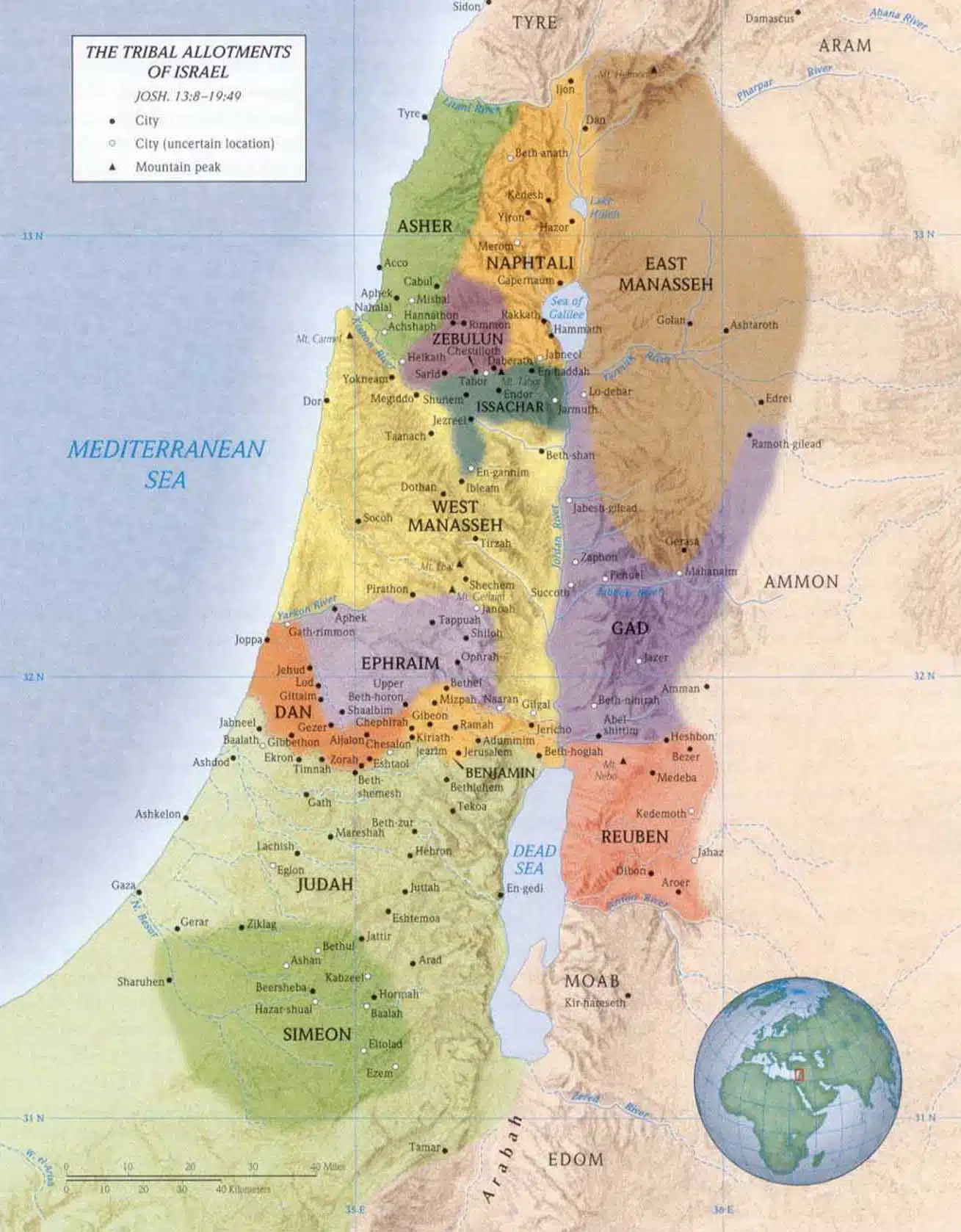With so much oppression and rivalry, perhaps it is better to do life alone. But, alas, this too is vaporous.
Solomon looks again at the vanity (hebel, see our commentary for Ecclesiastes 1:2) of life under the sun. Solomon uses a new literary device, telling a story.
It is about a man with no dependent, or son, or brother. Yet there was no end to all his labor. He works as though he were supporting a whole tribe because his eyes were not satisfied with riches.
The word translated dependent is sheniy, which means second. It might be properly translated as “partner” or “another.” It could refer to a wife. Sheniy is the word used in Genesis 1:8 to describe the second day of creation and in Geneses 4:19 to describe Lamech’s “additional” wife. So, it is not only a dependent in terms of an heir. This man is deprived of community, togetherness. He has no one to share life with. No son or brother.
Even so, the man is driven to gather wealth. He lacks contentment no matter how much he accumulates. He can’t gain enough riches. There is no end to his labor. He gains great riches, but his eyes are not satisfied with what he has accumulated. He wants more. But to what end? The man never asks the question, “And for whom am I laboring and depriving myself of pleasure?”
The word for pleasure is towb, which is often translated “good.” It is used in Genesis 1:4, “God saw that the light was good (towb)” and throughout Genesis 1 it is towb that is used to describe God’s assessment of creation. So, it is not just frivolous pleasure Solomon is referring to. He states that the workaholic never asks, “Why am I depriving myself of enjoying life?”
Solomon concludes this story of the lonely man by reminding us that the situation of this certain man is hebel, vanity. And he adds a new companion to his standard assessment. He refers to this as a grievous task. The word for task is inyan, a general occupation or affair. So it is not just a moment or event. A life dedicated to material accumulation is a life that is grievous.
Biblical Text:
7 Then I looked again at vanity under the sun.8 There was a certain man without a dependent, having neither a son nor a brother, yet there was no end to all his labor. Indeed, his eyes were not satisfied with riches and he never asked, “And for whom am I laboring and depriving myself of pleasure?” This too is vanity and it is a grievous task.
Check out our other commentaries:
-
James 2:18-20 meaning
The Objector Argues Against Adding Works to Faith. James anticipates someone will argue with him, saying that faith and works have no connection to one...... -
Ephesians 1:7-14 meaning
Through Christ’s sacrifice, we are forgiven of our sins and redeemed. Once we believe in Jesus, we are sealed by the Holy Spirit who comes...... -
Romans 14:1-4 meaning
God is our master and king. We should not look to judge one another for differences in religious practices or impose our habits on each...... -
Ruth 2:1-7 meaning
Since there was no one to provide for Ruth and Naomi, Ruth asked if she could go and glean grain to provide food....... -
Ecclesiastes 9:7-10 meaning
Life on this earth is a once-in-an-existence opportunity. If we accept this reality and live with wisdom (founded in faith), we can enjoy life as......



